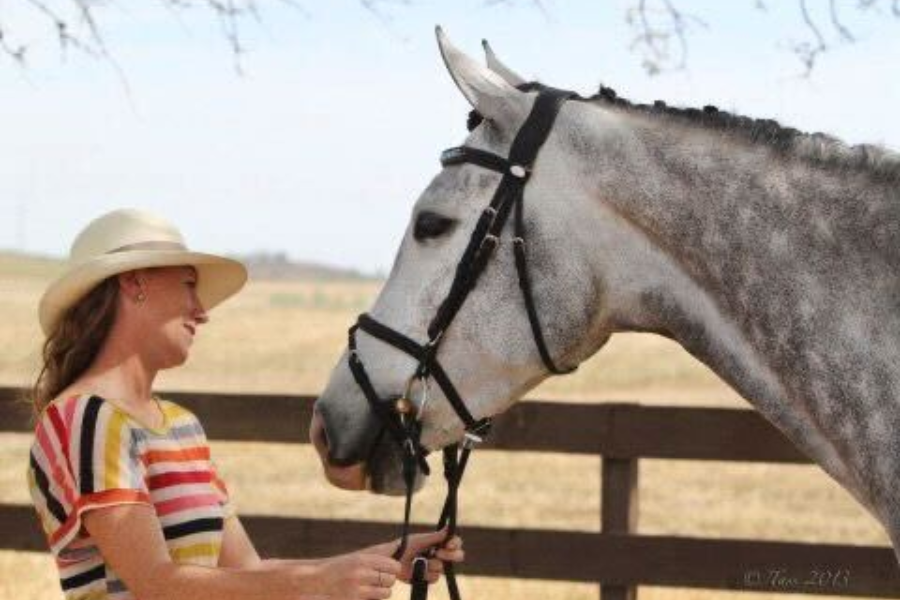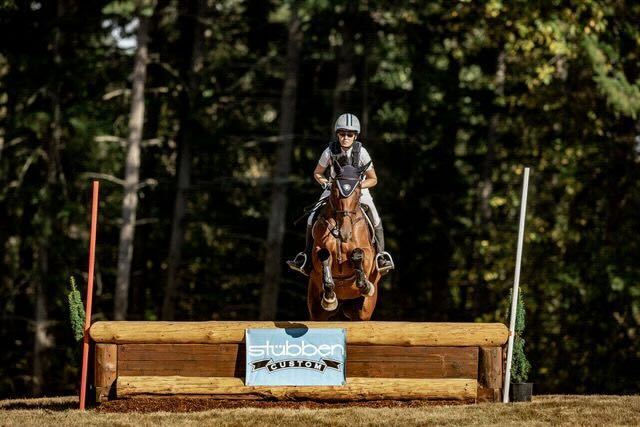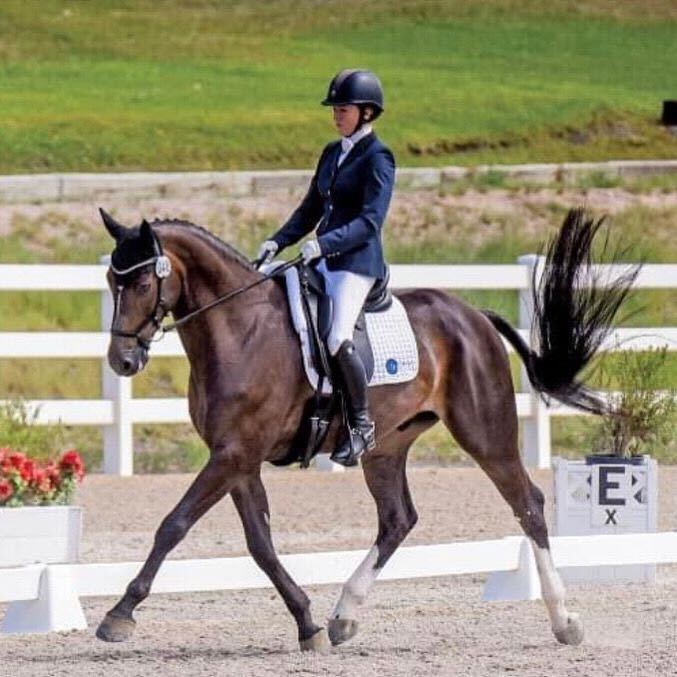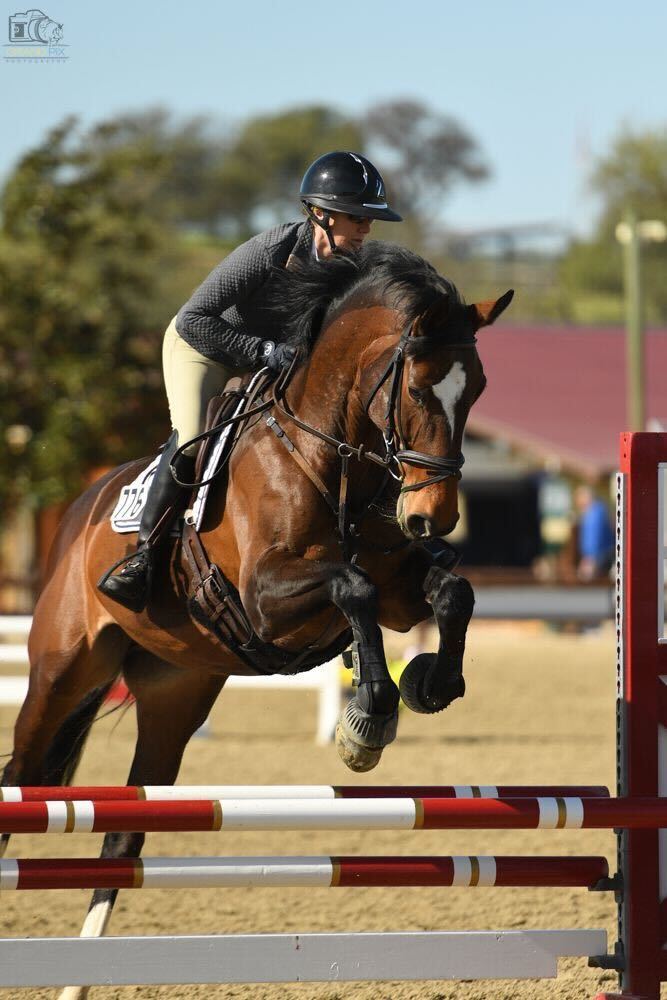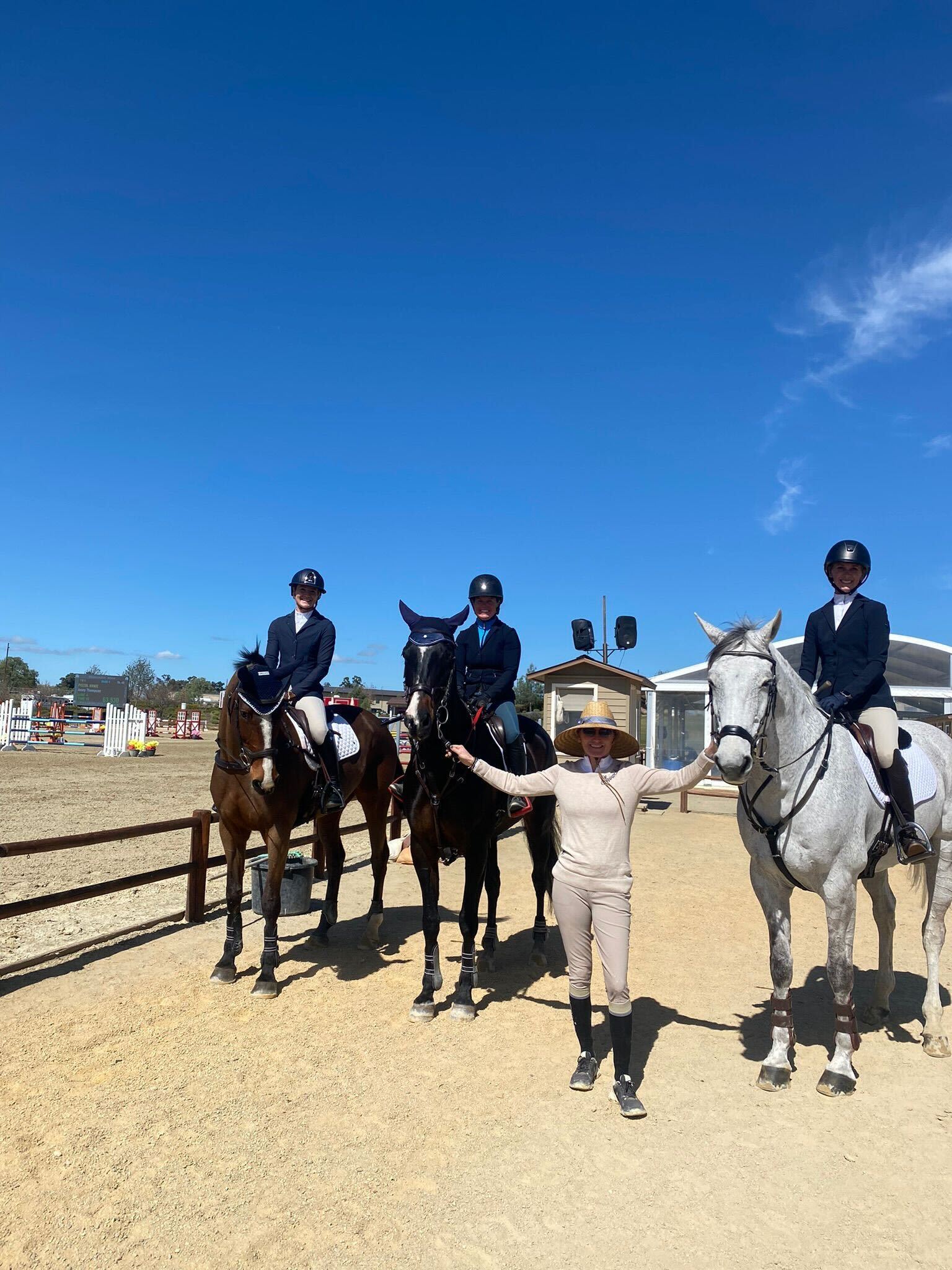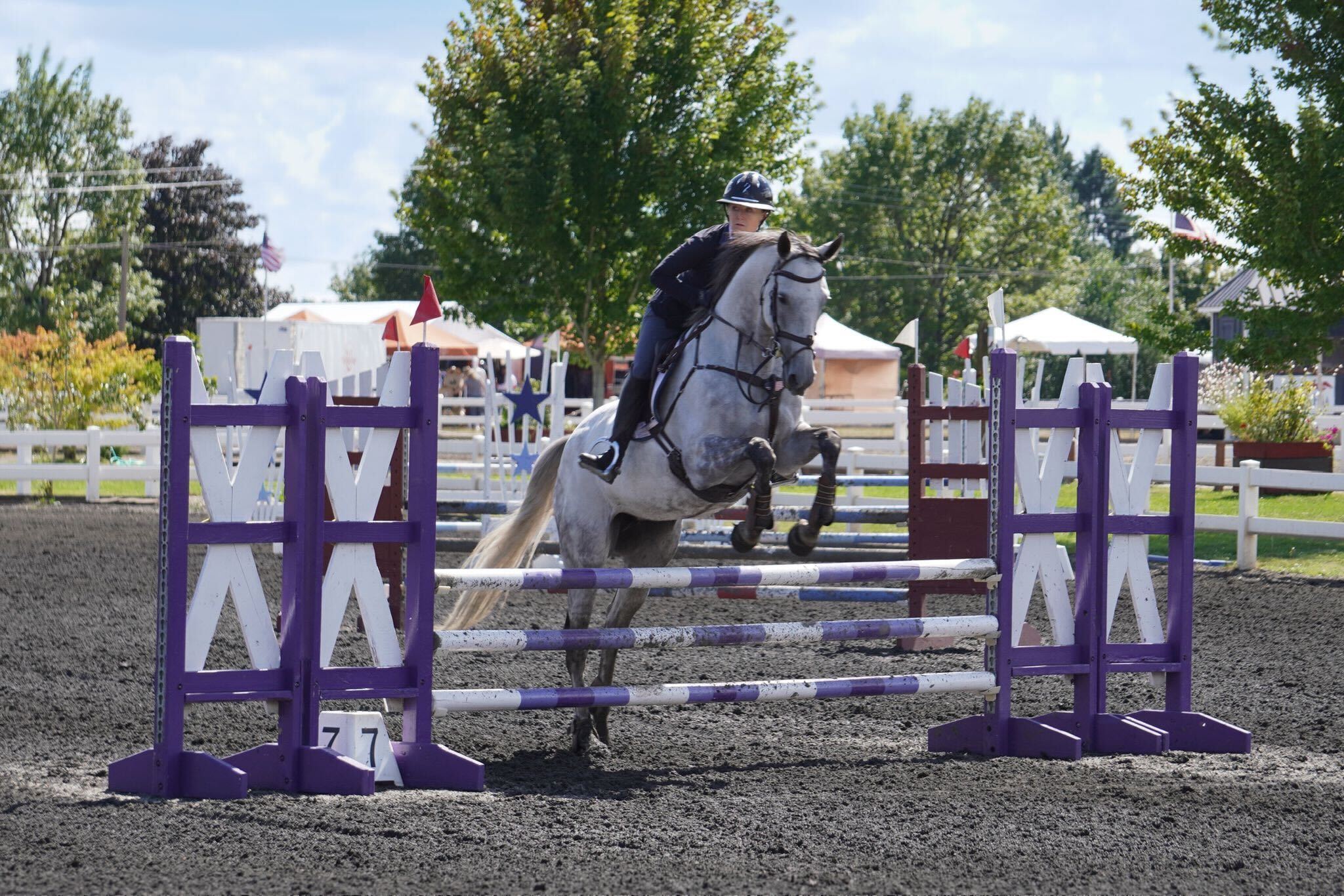Trinity Eventing on Equestrian Misinformation and Social Media
It's commonplace that people share social media posts attacking professional equestrian athletes, equipment, and horse welfare so freely on social media. It's irritating to see how much of what is said ignores the big picture and promotes misinformation.
These folks empower themselves and hide behind an electronic platform. Many are subpar equestrian enthusiasts with little to no knowledge or experience regarding equine welfare standards, training and managing horses for sport.
Poor examples among amateurs and professionals alike are put forward in the equestrian community and industry without really understanding how proper training principles, tack use and horse management can contribute to the development of horse and rider. Our social license to care for, produce, compete, and own horses is clearly hanging in a very delicate balance. Most people don’t even realize how they are negatively affecting the industry and the future of horse welfare with their social media commentary. Towards what end are they taking to their platforms?
Most of these people aren’t true horsemen and likely don’t even regularly ride, care for, manage or own horses. Sadly, many people pay for BAD TRAINING and don't know the difference between bad and good training, then complain about how expensive it is to train a horse. A GOOD TRAINING program just doesn’t train the horse but teaches the owner the skills to be able to provide the best for the horse on the ground and in the tack. No one who is in a good training program from the start complains about the cost of training. Rather, they're educated to know about everything that goes into producing a confident, happy equine athlete.
Educating good horsemanship is an underappreciated topic. If you own, lease, ride, or care for horses you have to learn to be a good HORSEMAN: This is a fact!
Horses aren’t sold with simplistic operating handbooks. Horses aren’t born knowing about how to interact with or be handled by humans. They have to be taught the language.
Horses require a lot of specialized care. Yes, it's costly. If you can’t afford to do it well, don’t do it at all. Even if they are bred for a specific discipline they still have to be taught from the ground up how to behave, how to adapt to changing environments, and the skill set they need to be safe and successful in life.
Somehow people don’t apply basic knowledge of socialization and training to horses. THE HORSE as well as the human suffers as a result. Although accidents and mistakes do happen, most serious horse-related injuries can be prevented with education; horses have a highly acute and reactive set of survival skills to keep themselves out of trouble, and humans have to know how to navigate a large prey animal's flight or fight response to be able to not only stay safe but have positive training outcomes and form a partnership.
Horsemanship requires fulfilling basic equine needs. It’s unbelievable how many horses I see at shows who have poor body condition, are unfit, and unsound. This is neglect and abuse. Basic needs should never be overlooked by owners and trainers for the sake of competition. Your priorities are wrong if you're spending thousands on show fees, lessons, coaching, chiropractic work, etc. but don’t address your horse's basic needs. A big question I have is why pay show fees when you cannot properly diagnose if your horse is sound, fit and comfortable to be ridden regularly and compete at a show?
Good quality hay and concentrates, fresh water and consistent, safe living conditions are always necessary, especially at competitions. Don’t be cheap on feed and shavings for your horse. Always provide them a comfortable place to rest and a high standard of care.
Don’t be cheap or lazy!
Properly caring for your horse takes time and effort. Horses solely rely on their caregivers (owners & trainers) for consistency in daily care.
I don’t know how many times I’ve walked by a stall in the middle of the day at a horse show and seen horses out of water, no forage available with little to no bedding, and the horse hasn’t been groomed or properly recovered from competing. Can you clearly see sweat mark patterns from bridles, saddles, and boots? This is an obvious sign of neglect.
Be educated!
Know what equipment you need to use, when to use it, and how to use it, and how to fit it. For example, use horse boots: horses do interfere with themselves when negotiating technical riding work in any situation where they are being ridden.
Many riders don’t know how to properly fit equipment to their horse, let alone ride and condition their horse regularly to develop muscles to support proper fitting tack and a rider for a period of time. Most subpar trainers suddenly decide they are horse trainers but never get a solid education in what it really entails to be a good equestrian professional. This line of work is a trade that requires a high level of education and experience. YES, experience of continuously, consistently doing this work well makes someone a horse trainer, not simply having ridden and shown most of your life and hanging a shingle.
Most of us who are professionals and know all this have kept our heads down and keep putting the horses welfare first. And yes, we support equestrian sports because without SPORT and organizing bodies the horse's welfare would drastically decline because we would have even more horses being tossed away like trash, left for slaughter, or even worse suffering from hunger, injury or other unspoken, disgusting, underground sports like big game shooting practice.
Stop needling subjects that you are not an expert in and don’t actually understand. Focus on sharing & commenting on good examples. Get better educated - times have changed. Training practices have evolved tremendously, and equipment has too, in the past 20 years. Horse care for pleasure and sport has taken leaps and bounds. Horses need more help to be comfortable and suitable for sport than most know, just like human athletes.
Re-prioritize your time and money.
Take the money you're spending on subpar instruction, absurd amounts of supplements your horse probably doesn’t need, and that vacation you probably shouldn’t be taking right before a show (while your horse stands around for 5 days and clearly isn’t fit or prepared enough to meet your unrealistic expectations of performance), and get your priorities straight.
Get in a good program with a reputable trainer who produces consistent results, work with an excellent vet and farrier to provide the best outcome for you and your horse's health. Feed your horse regularly throughout the day with good quality feed, give them turnout at home, and get them out of their stalls at shows as much as possible. Anything less is not aligned with horse welfare, but with what is easiest for you.
Find out more about Jennifer Wooten and Trinity Eventing on Equivont.com

